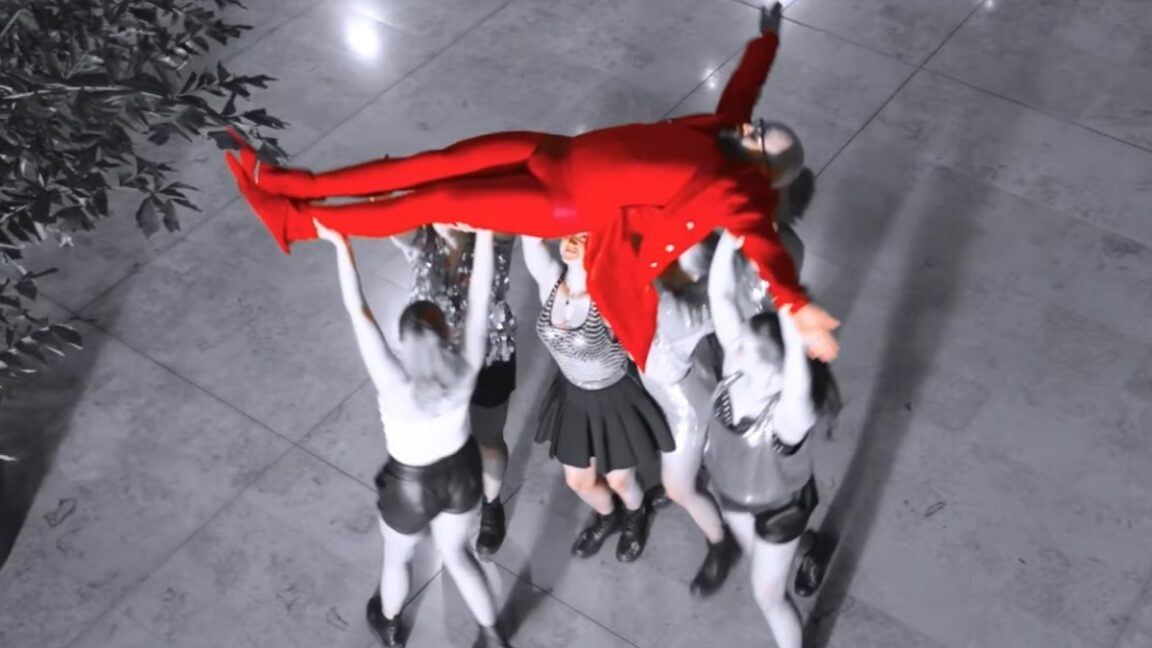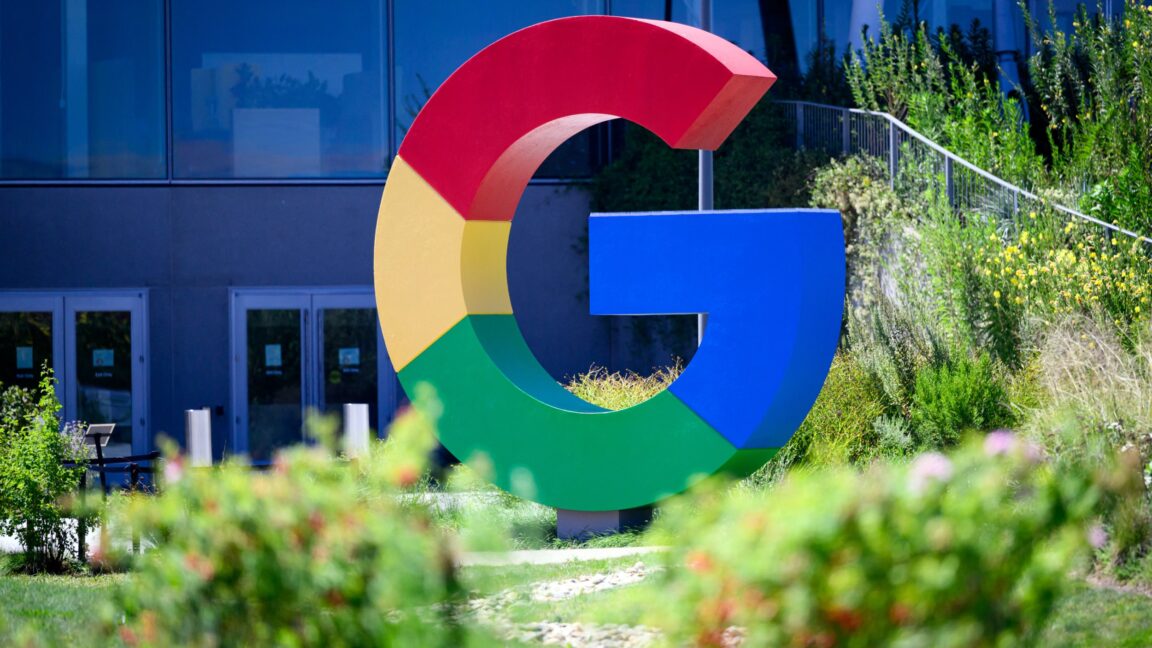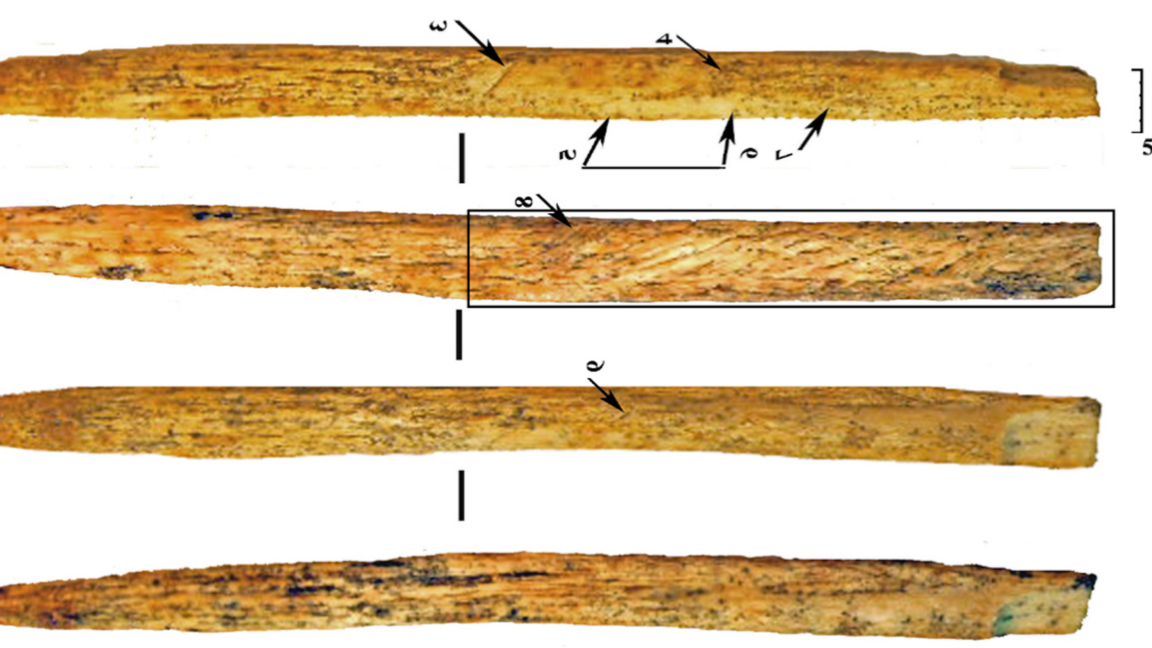"feel the heat, feel the freeze"
Meet the winners of the 2025 Dance Your PhD contest
There are four broad categories—physics, chemistry, biology, and social science—liberally defined.
Jennifer Ouellette
–
May 1, 2025 12:33 pm
|
7
Credit:
Sulo Roukka
Credit:
Sulo Roukka
Text
settings
Story text
Size
Small
Standard
Large
Width
*
Standard
Wide
Links
Standard
Orange
* Subscribers only
Learn more
Minimize to nav
Sulo Roukka is this year's overall winner of the Dance Your PhD contest, plus the winner of the chemistry category.
It's time again to honor the winners of the annual Dance Your PhD contest, where eager young scientists attempt to convey the concepts of their doctoral theses through dance. This year's overall winner is the University of Helsinki's Sulo Roukka, who researches chemesthesis, specifically how people experience different sensory food compounds like capsaicin (hot) or menthol (cool).
As we've reported previously, the Dance Your PhD contest was established in 2008 by science journalist John Bohannon, who is now a data scientist at South Park Commons. Bohannon told Slate in 2011 that he came up with the idea while trying to figure out how to get a group of stressed-out PhD students, who were in the middle of defending their theses, to let off a little steam. So he put together a dance party at Austria's Institute of Molecular Biotechnology, including a contest for whichever candidate could best explain their thesis topics through interpretive dance.
The contest was such a hit that Bohannon started getting emails asking when the next one would be—and Dance Your PhD has continued ever since. It's now in its 17th year. There are four broad categories: physics, chemistry, biology, and social science, with a fairly liberal interpretation of what topics fall under each. All category winners receive $750. Roukka won the chemistry category and, as the overall champion, will receive an additional $2,750.
This year's sponsor is Sandbox AQ, an AI company specializing in large quantitative models. The 2025 competition also included a special $750 prize for dances related to AI and quantum science, won by Arfor Houwman of the University of Innsbruck for his dance video explaining the physics of laser cooling and ultracold atoms. Bohannon noted that the winners were all European scientists. "This year, American scientists did not seem to be in the mood to dance," he told Science. "Lucky for the world, Europe's scientists have doubled their creativity and enthusiasm."
Roukku's doctoral thesis is entitled "Insights into oral chemesthetic perception: A focus on food-related behavior." Chemesthesis is less about taste (or smell) and more about chemical-induced reactions on the skin of mucous membranes. That includes capsaicin in chili peppers, menthol, the tingling in response to carbonated beverages, and the production of tears in response to cutting onions. Such reactions typically occur when the trigeminal nerves, responsible for sensation in the face, are triggered by such compounds. Or as Roukku's lyrics—which focus on "hot" capsaicin and "cool" menthol—put it:
Feel the heat, feel the freeze, it's chemistry, oh please.
Tiny sensors deep inside set your tastebuds on a ride.
Capsaicin, burning high, menthol chills, oh my my!
Trigeminal pathways light, sparking fire, bringing ice.
You can watch the videos of the other three category winners below.
Biology category winner
Priya Reddy, Friedrich Schiller University Jena, “Unravelling the plant mechanisms involved in plant-microbe interactions”
Physics and AI/quantum categories winner
Arfor Houwman, University of Innsbruck, “Collective Phenomena in Ultracold Dipolar Quantum Gases”
Social sciences category winner
Manisha Biswas, Humboldt University of Berlin, “The Powerful Outcomes of Collective Synchrony”
Jennifer Ouellette
Senior Writer
Jennifer Ouellette
Senior Writer
Jennifer is a senior writer at Ars Technica with a particular focus on where science meets culture, covering everything from physics and related interdisciplinary topics to her favorite films and TV series. Jennifer lives in Baltimore with her spouse, physicist Sean M. Carroll, and their two cats, Ariel and Caliban.
7 Comments










